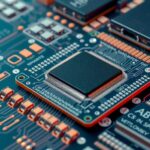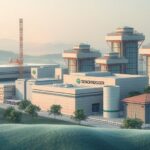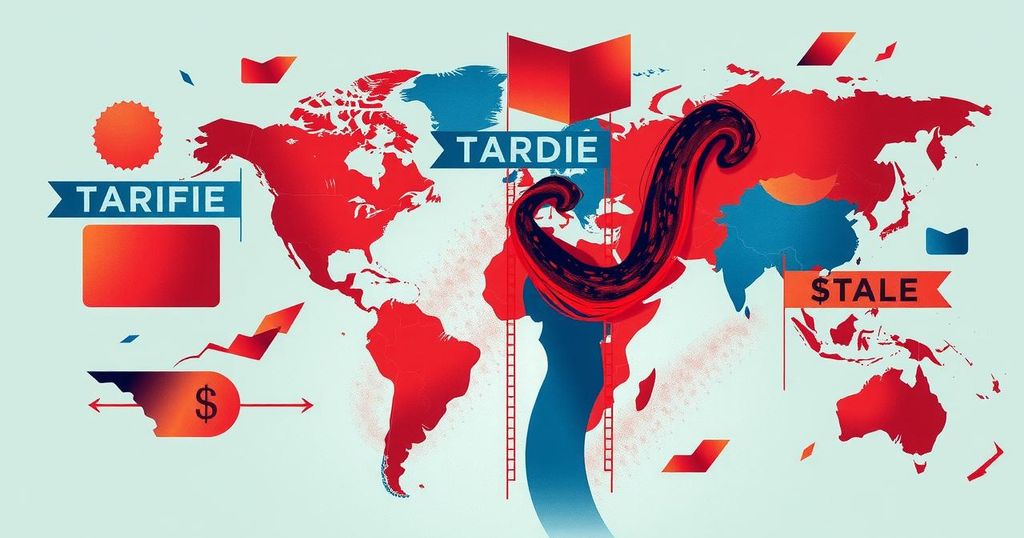Power Semiconductor Industry Experiences Layoffs Amid Market Challenges
The power semiconductor sector is facing a downturn, resulting in over 8,800 layoffs among major players such as Renesas, Infineon, and Onsemi amid a sluggish EV market. Rising competition from Chinese manufacturers is further challenging these firms, prompting collaborations among Japanese companies to strengthen their market position.
Power semiconductors, once a promising sector due to the growth of AI chips, are now facing significant challenges amid an economic slowdown in the electric vehicle (EV) market. Reports indicate that major semiconductor companies are resorting to layoffs, with over 8,800 jobs cut as firms reassess their investments and production strategies.
Notably, Japan’s Renesas plans to reduce its workforce by approximately 1,050 positions, which is less than 5% of its total employees. This cut is accompanied by a delay in mass production at its Kofu plant that was originally scheduled for early 2025.
Germany’s Infineon, leading the power semiconductor market, will implement a global job reduction of 1,400 and will also transfer another 1,400 jobs to lower-cost locations. This adjustment comes as the company prepares to launch the world’s largest 200mm silicon carbide facility in Malaysia in 2024.
Similarly, STMicroelectronics aims to decrease its workforce by as much as 3,000 employees, equivalent to about 6%, primarily through early retirements and natural attrition. Furthermore, Onsemi in the United States will lay off approximately 2,400 workers by 2025 as part of its restructuring efforts to reduce operational costs.
The downturn is also impacting suppliers; for instance, Wolfspeed will lay off 1,000 employees, marking a 20% workforce reduction. Wolfspeed specializes in wide-bandgap semiconductors, focusing on materials like silicon carbide and gallium nitride.
China’s burgeoning power semiconductor market is emerging as a competitive threat. Notably, BYD has commenced large-scale production of power semiconductors internally, while CanSemi Technology has also entered the high-performance semiconductor production arena. In response to export restrictions on advanced chipmaking equipment from the U.S., Chinese manufacturers are sourcing equipment from non-restricted channels to bolster their power semiconductor capabilities.
In light of these challenges, Japanese semiconductor firms are joining forces to alleviate their financial strains, with Toshiba and Rohm pledging a combined investment of 380 billion yen ($2.54 billion) in production. Similarly, Fuji Electric and Denso have earmarked around 210 billion yen for investment efforts.
The power semiconductor market is currently experiencing significant disruptions due to market slowdowns and increased competition from China, leading to widespread layoffs among industry giants. Major companies like Renesas, Infineon, STMicroelectronics, and Onsemi are implementing job cuts and restructuring initiatives. Furthermore, China’s advancements in semiconductor production are exacerbating market challenges for established firms. Collaborative investments by Japanese companies signify an effort to adapt to these shifting dynamics.
Original Source: www.trendforce.com








Post Comment